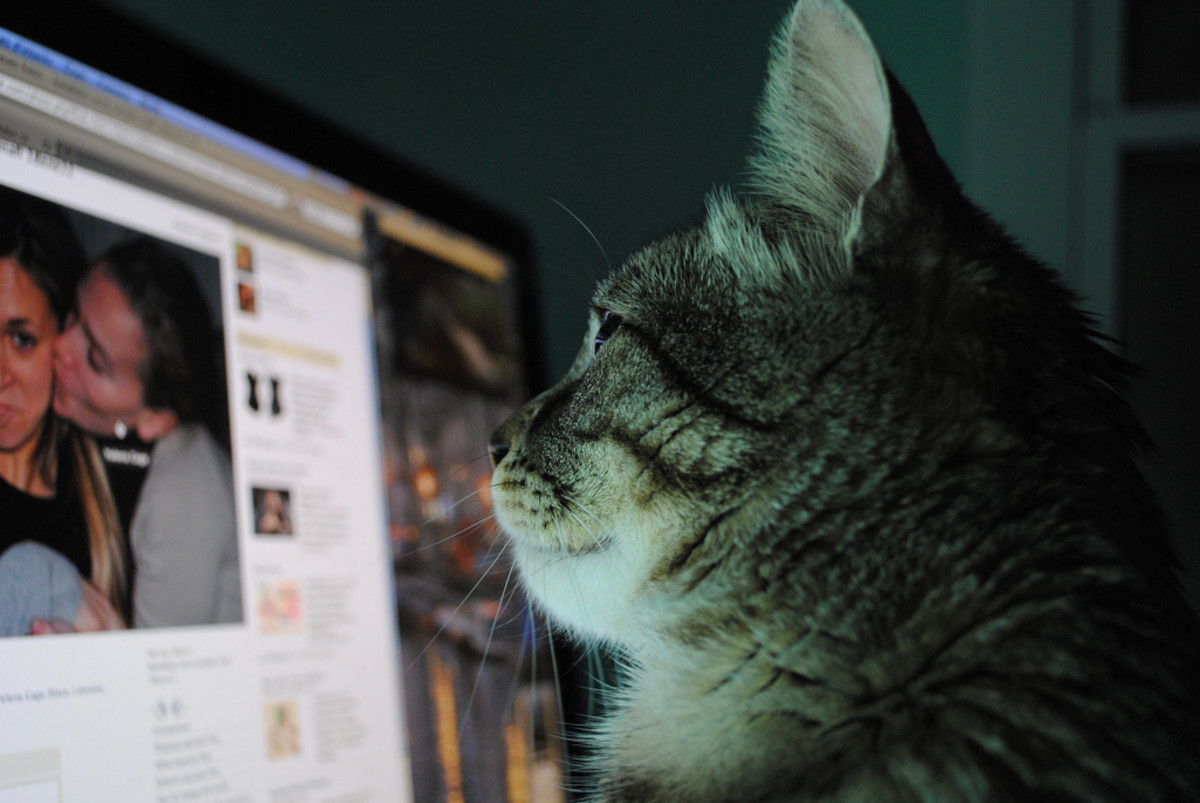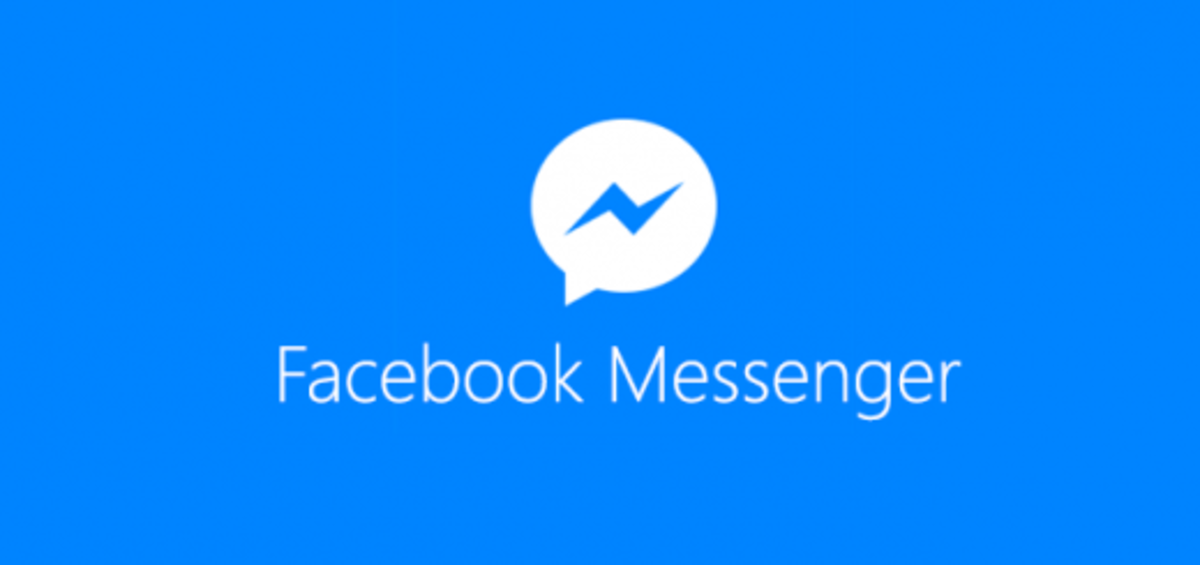The Basics of Netiquette: Responsible Online Behaviour

Just as each society has a set of acceptable behaviour, the internet also has a set of etiquette rules from cyber communication, known as netiquette. These simple rules outline socially acceptable behaviour for online communication. For the most part, netiquette is based on common sense. Treat other internet users with the level of respect you would want to receive. Use appropriate language, respond in a timely manner, allow others the freedom of their own opinions, etc.
When staring at a computer screen, it’s easy to forget that there are human beings with feelings and opinions on the other side of online conversations. It is important to stick to the same standard of behaviour online that you follow in real life at all times.
Help Newbies
New users are called newbies or noobies or noobs. It’s good netiquette to share your knowledge by helping others who ask questions.
CAPS
Using all capital letters denotes SHOUTING and is considered extremely rude. If you want to emphasize a word, use stars on either side of the word.
Example:
I think somebody *should* explain the rules.
Continual use of all CAPS will turn others off. In forums, repetitive transgressions can get you attacked by other users and even banned from the site. No one likes being shouted at, even in writing.
Humour
Subtle meanings don’t translate well in writing. Satire and sarcasm are especially difficult and should be avoided as they generally come across as snide and rude.

Emotions
Like humour, emotion is near impossible to properly transmit in writing. Some people compensate by typing their emotion inside special brackets like this:
I wish I’d know this before! <grin>
Fortunately, Chatspeak has developed a set of visual emotional cues called, smileys or smilies which uses a combination of characters to imitate sideways faces displaying various emotions.
Example:
:-) This is a smiling face turned on its side.
:-( This is frowning face.
Look it Up
Before posting a question or sending an querying email, do your homework. There are websites dedicated to answering common (and some uncommon) questions, site have Frequently Asked Questions pages, and simply typing your question into a search engine can bring a list of answers.

School Rules
Use punctuation, grammar and proper paragraph formatting when writing emails or leaving messages on forums. It is excessively annoying to read sentences and paragraphs that all run together.
Keep Your Cool
Sometimes an email or forum post may sound insulting or mean. Chances are, it is a simple matter of poor phrasing or thoughtless word choice. Take some time to cool down and perhaps get a different perspective before responding.
Flaming
Sending someone an insulting message or post is called flaming. Usually this is done when one person disagrees with something someone else posted or wrote. Flames can be funny or vicious. Either way, flaming is a netiquette No-No outside of websites specifically designed for flaming.
It is always best to take your disagreements with other users into a private arena, so others can carry on with their discussions. Keep it civil and respectful. Be polite when disagreeing with others. Wherever possible, acknowledge good points made, and then respectfully describe the areas where you disagree to produce the most productive conversation.
Privacy
There is no such thing as a “private” post. Emails, blogs, social media comments, instant messages and forum posts and public chats are public. Even things we consider private, such as photos stored in a PDA, private messages and files stored online can be copied and circulated across the globe in a heartbeat.
With few written guides for ordinary people, the Net has grown in large part one person at a time -- if somebody helps you learn your way around, it's almost expected you'll repay the favor some day by helping somebody else.
- Adam Gaffin, Big Dummy's Guide To The Internet, 1993.
Protect Others
Never distribute someone else’s email addresses to strangers by email or in forum posts unless the email is obviously intended for public distribution. Otherwise, you may be responsible for someone’s email address being subjected to unwanted contact, spam attacks and hackers.
Respect Copyright
Technology has made it very easy to “borrow” other people’s work to use on your own website or share with others via email and blogs. Some clipart is made specifically for this, however often times website owners have paid for the images on their sites and are copyright protected. While fair-use laws allow people to use small snippets of articles and blog entries, it is vital to clearly identify the author of work and the source you got it from.
© 2012 I Am Rosa






